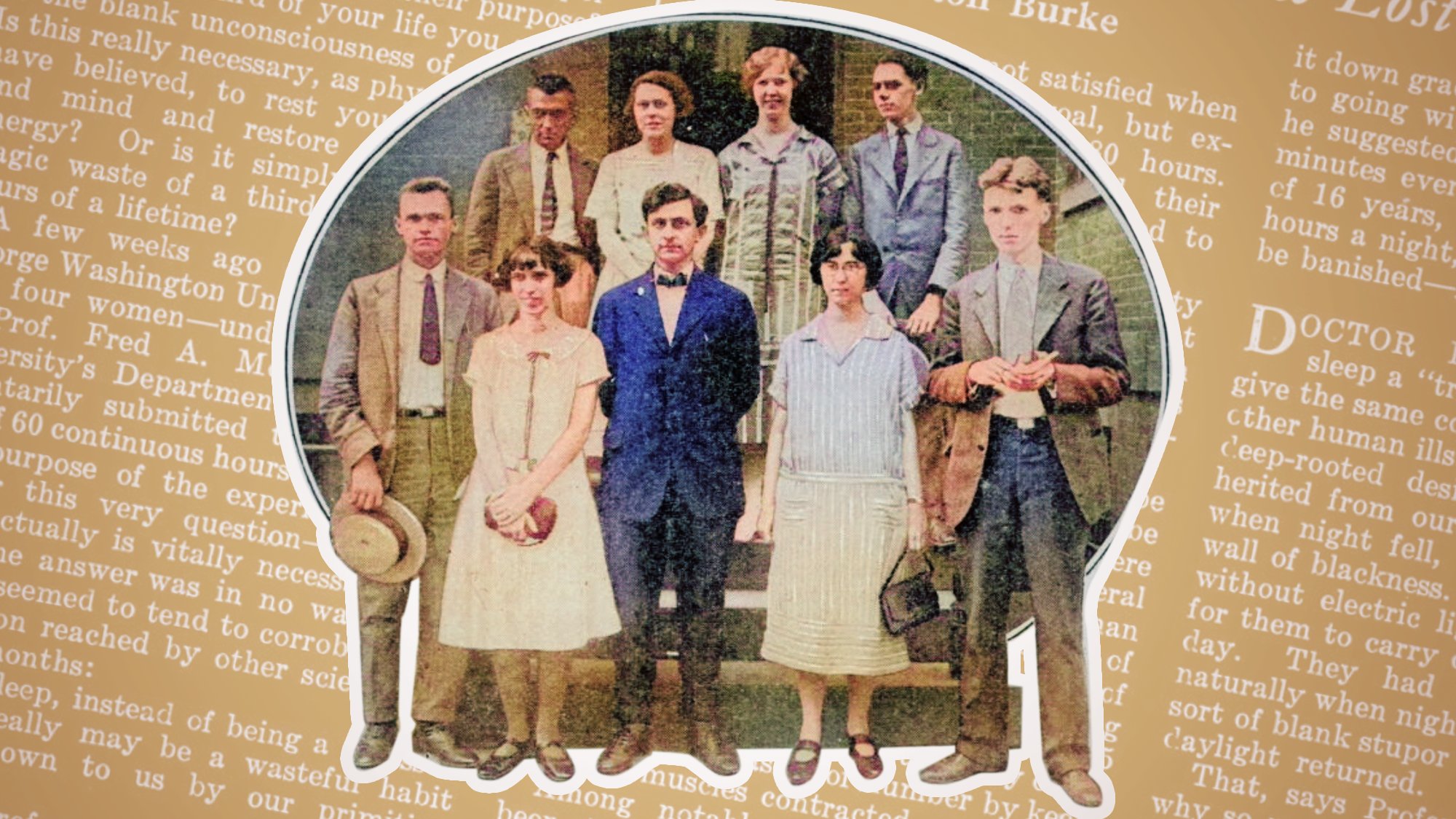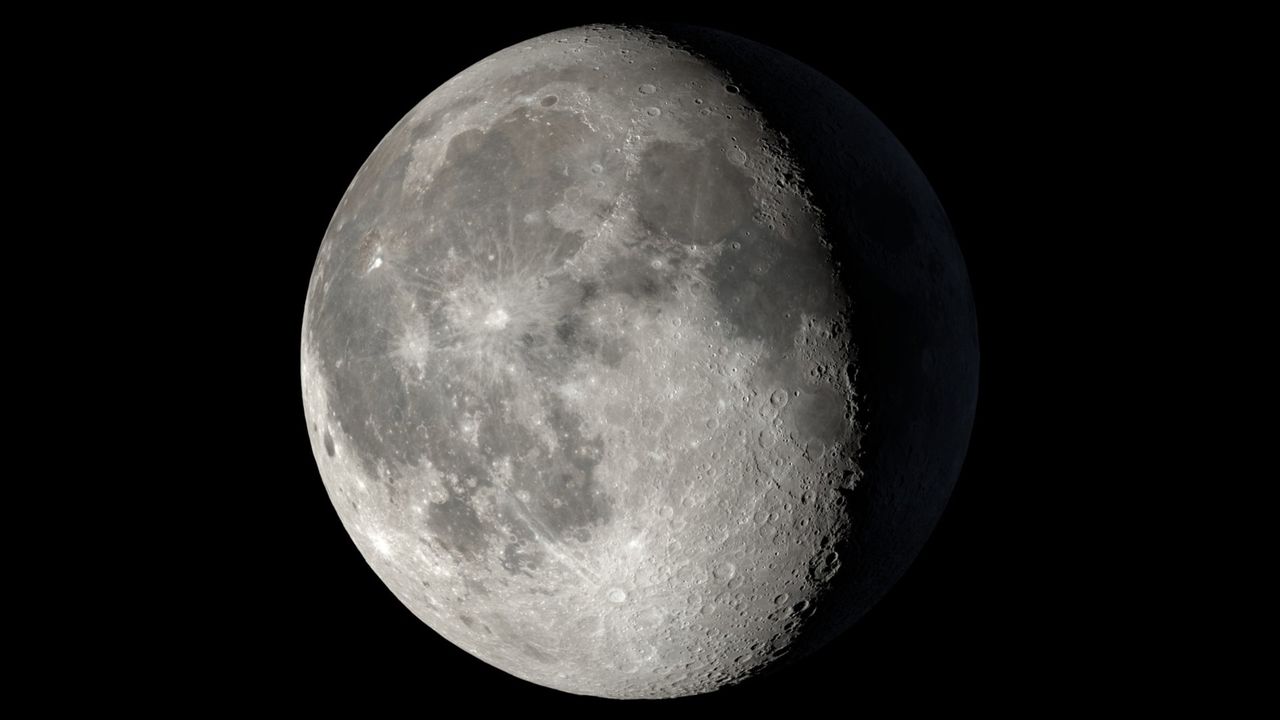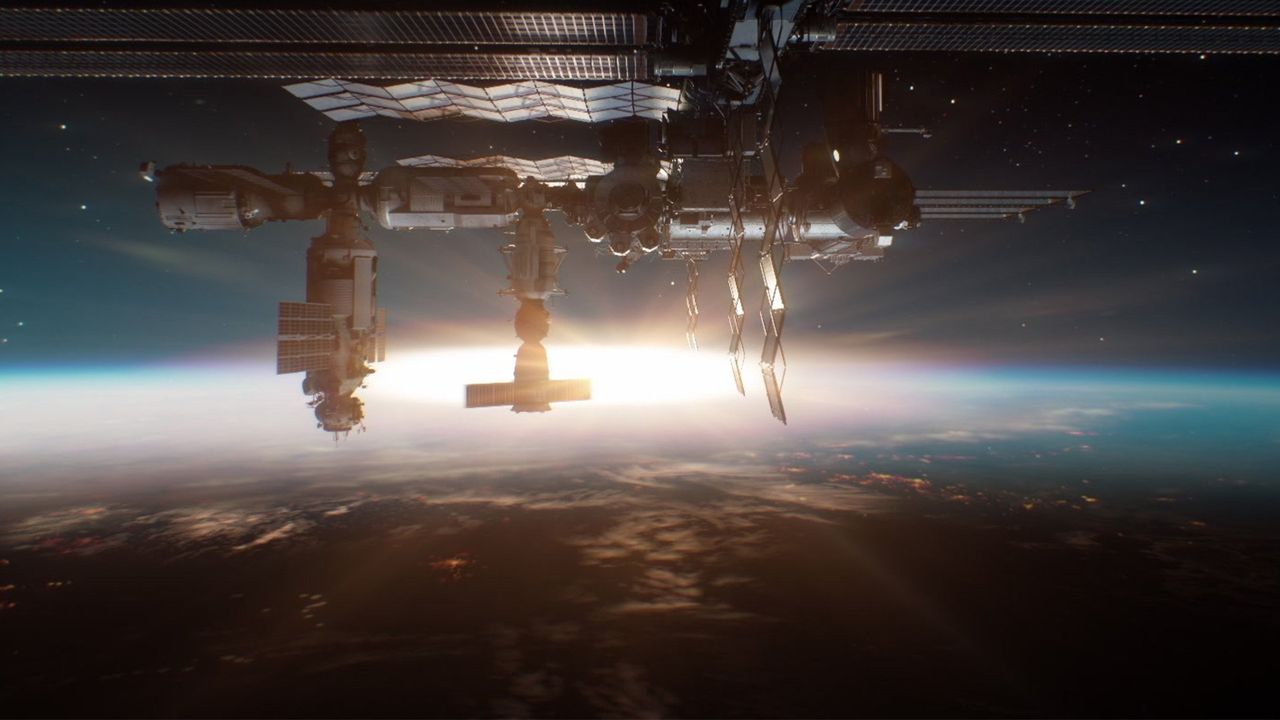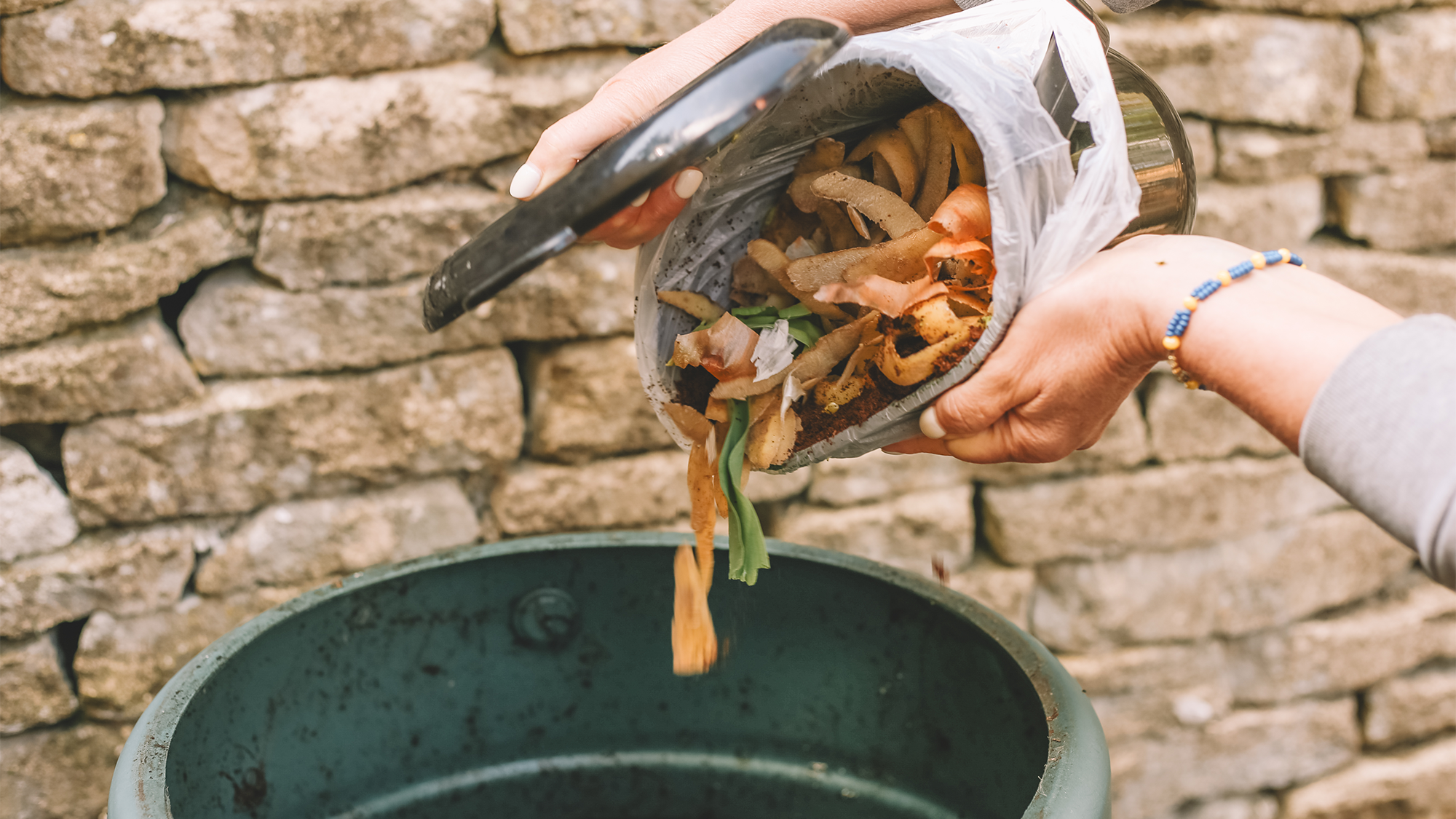Can't focus after a bad night's sleep? Your dirty brain is to blame
NeutralScience

Did you know that a bad night's sleep can leave your brain feeling dirty? When we sleep, our brains flush out toxins using cerebrospinal fluid, which helps protect our brain cells. However, if you're not getting enough sleep, this cleaning process can occur while you're awake, leading to lapses in attention. Understanding this connection is crucial because it highlights the importance of good sleep hygiene for maintaining cognitive function and overall health.
— Curated by the World Pulse Now AI Editorial System








